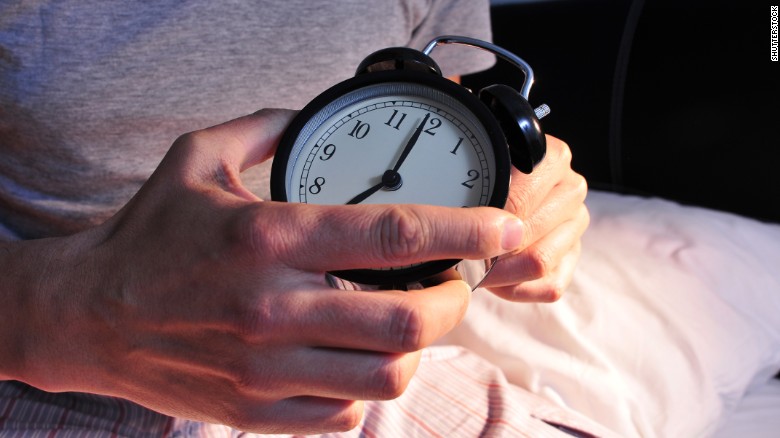
Almost every widow struggles with insomnia in the days and months following the death of a spouse. It is one of the most unerveing experiences – staring into the ceiling night after night with no sleep. According to the US Centers for Disease Control and Prevention, a third of us get fewer than seven hours of sleep per night. In addition, 50 million to 70 million Americans suffer from sleep disorders such as sleep apnea, insomnia and restless leg syndrome, which can ruin a good night’s sleep. In bedrooms around the globe, men, women and children are tossing and turning. According to World Sleep Day statistics, sleep deprivation is threatening the health of up to 45% of the world’s population.
Science has linked poor slumber with high blood pressure, a weakened immune system, weight gain, a lack of libido, mood swings, paranoia, depression and a higher risk of diabetes, stroke, cardiovascular disease, dementia and some cancers.
Here are some tips to deal with Insomnia:
STAY AWAY FROM CERTAIN FOODS
Coffee, energy drinks, and, when consumed in specific amounts, alcohol, most teas, can all act as stimulants. Avoid these for at least six-eight hours before bedtime. Alcohol is another no-no. You may think it helps with insomnia, but you are more likely to wake in the night as your body begins to process the spirits. Instead, try herbal teas like peppermint or chamomile. Magnesium will help your muscles relax and will gently ease the tension.
Also avoid rich, fatty foods just before sleep. If you have any digestive issues, eating fried or fatty foods, spicy meals, some citrus and even carbonated drinks can trigger heartburn and indigestion.
YOUR BED SHOULD BE USED FOR THESE TWO THINGS, ONLY
Sleep and intimacy. Train your body to associate bed with sleep and rest- not stress and anxiety. If, after being in bed for 30 minutes, you can’t fall asleep, get up. Otherwise, your body will associate being in bed with feeling stressed. Do something soothing like folding laundry, coloring, reading- until you start feeling sleepy, then get back to your bed. If you can’t fall asleep and remain in bed, you’ll then start checking the time and will feel anxious about not getting enough rest.
If all else fails…
Seek professional help. Your body needs rest. Nighttime anxiety manifests itself in many different ways and if you just can’t cope with countless, restless nights, seek help. There’s no shame in looking for help if natural remedies or routine changes don’t help you.
Do you have sleep strategies to share that could benefit others? Please share in the comments section.

